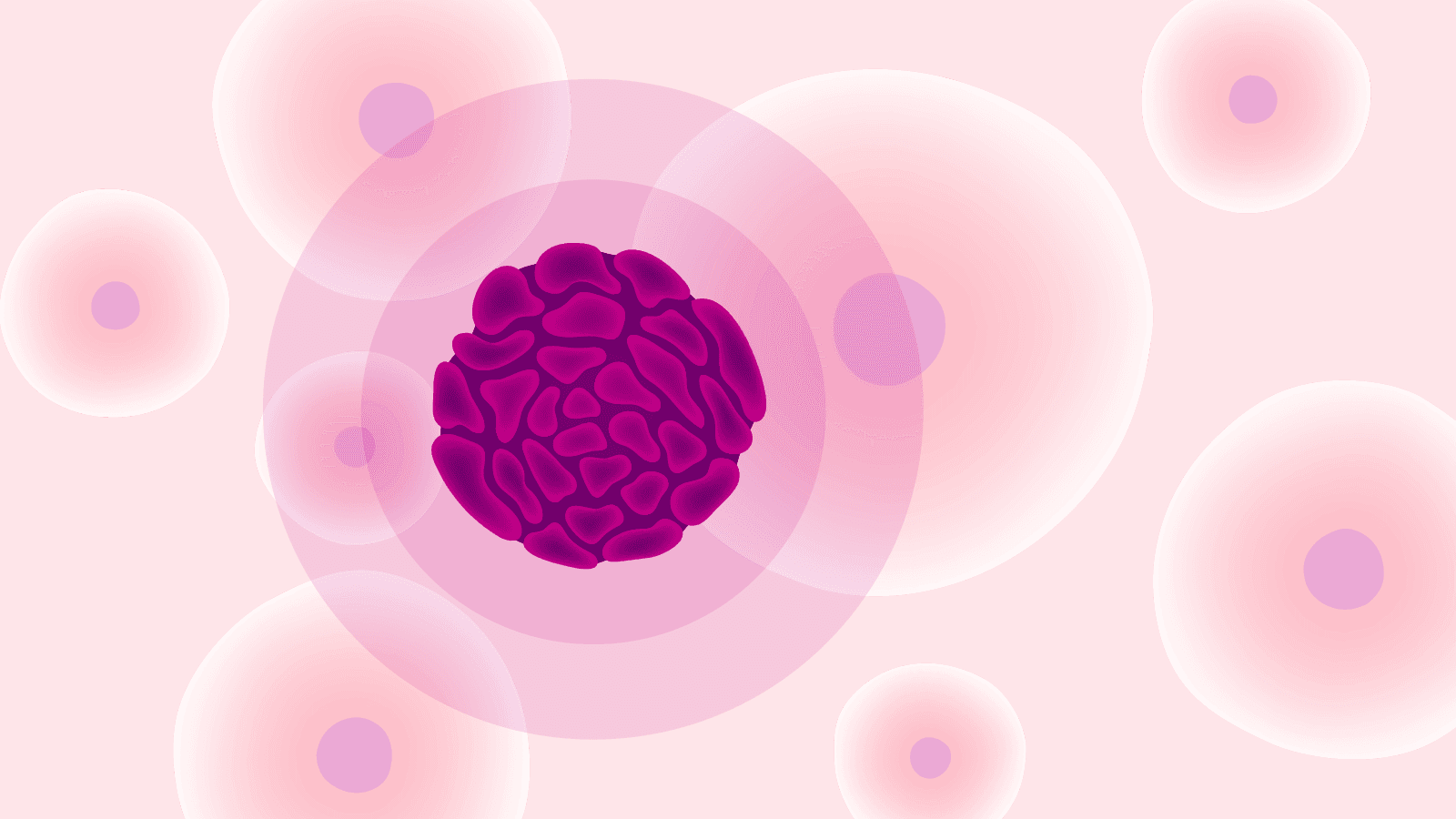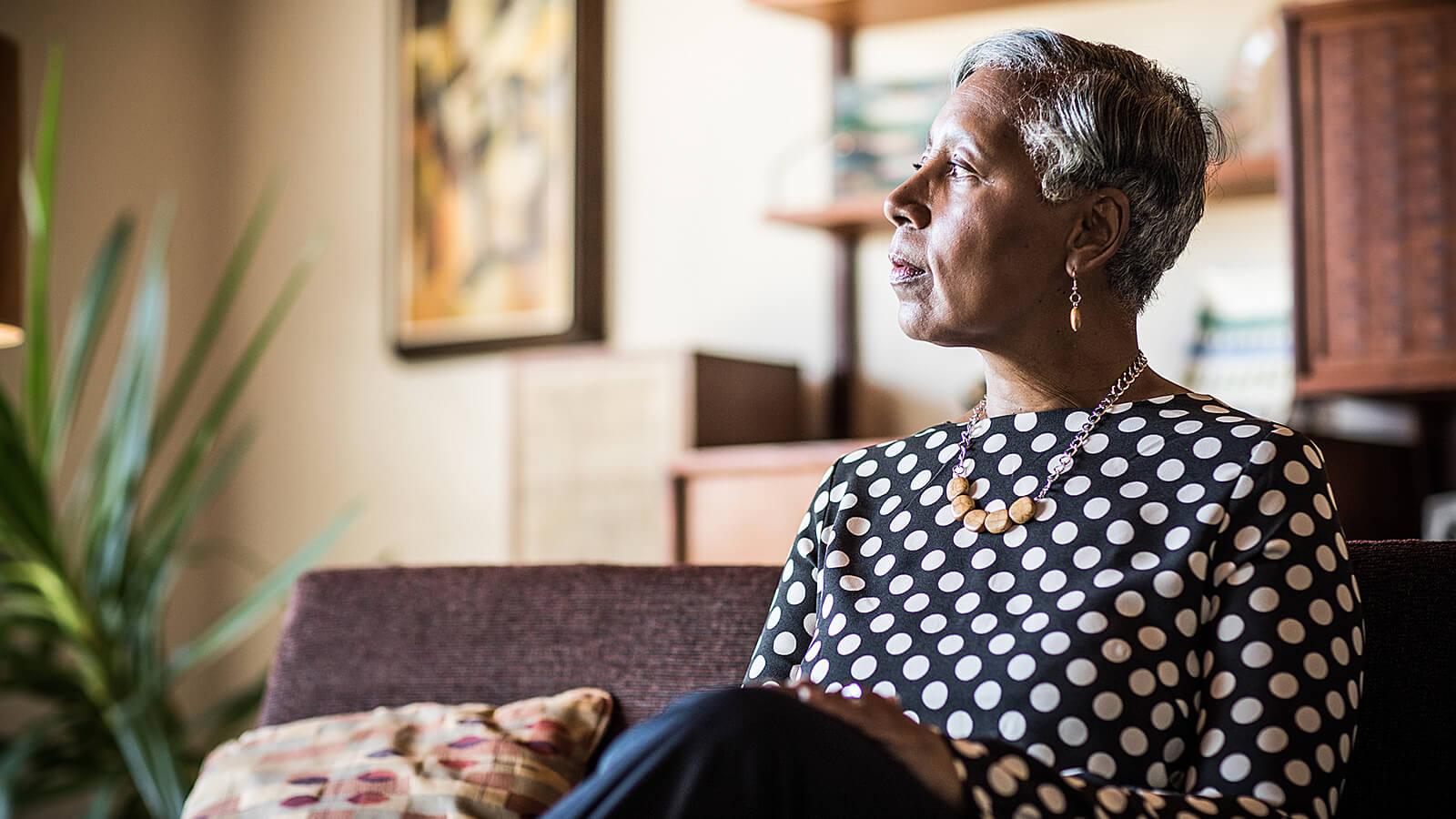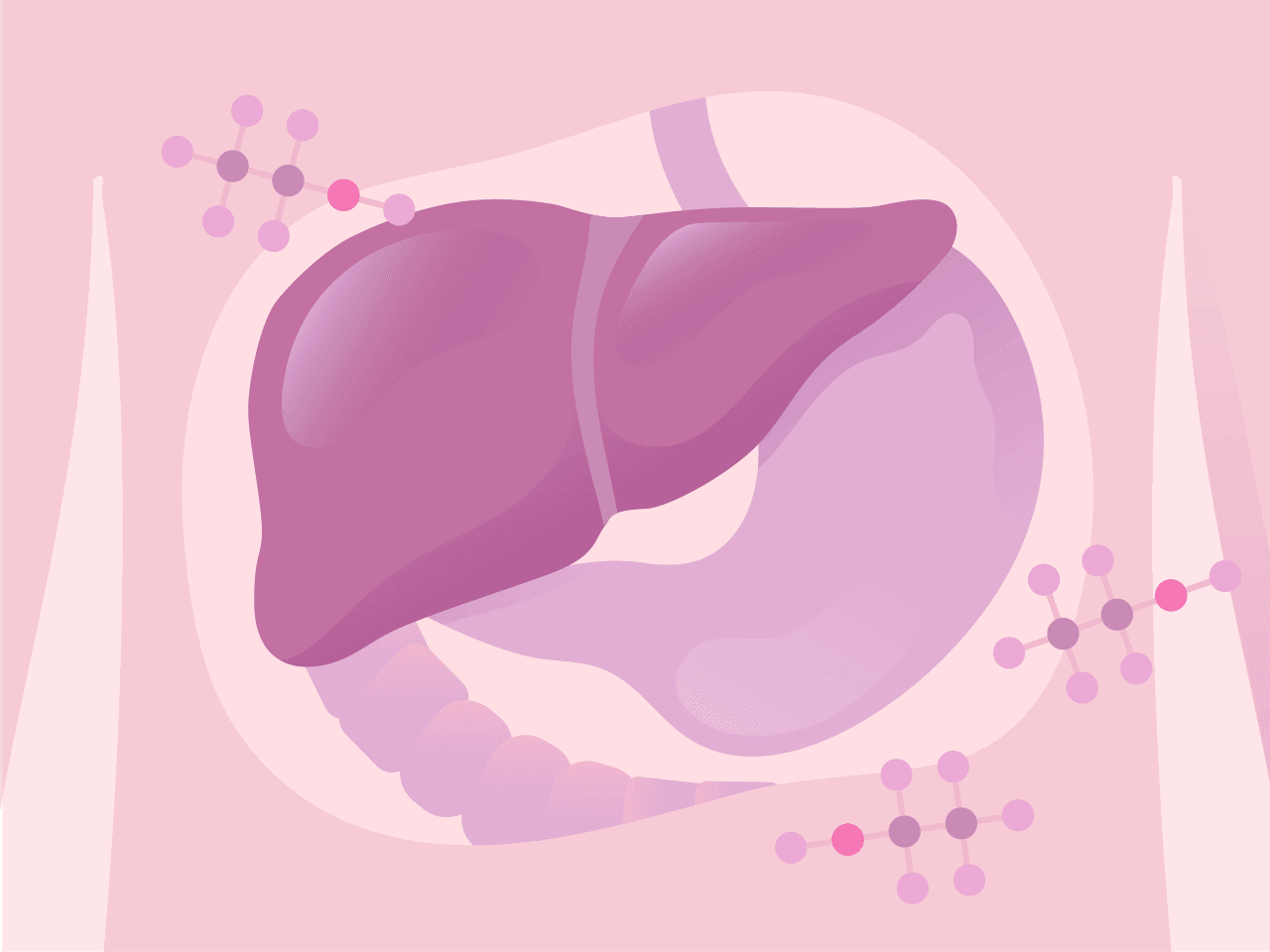Cancer is a complex disease that has many causes and is influenced by many factors (1). Drinking, whether beer, wine or distilled spirits, is one of these. Many cancer risks cannot be changed; they include genetics and family history, your age and your body size, as well as some environmental factors like radiation and viral infections (2).
Lifestyle factors also play an important role and can be modified to reduce risk (2). Smoking is the most significant single lifestyle risk factor for most types of cancer (3). How you drink and how much can also influence your cancer risk (4).
Research studies have shown that heavy or excessive drinking is a risk factor for cancers of the mouth, throat and voice box, or upper digestive cancers (5, 6, 7). This is especially true for people who also smoke or use tobacco products (7, 8, 9). The risk of developing these cancers is the same for men and women and regardless of whether they drink beer, wine, or spirits (4, 7).



